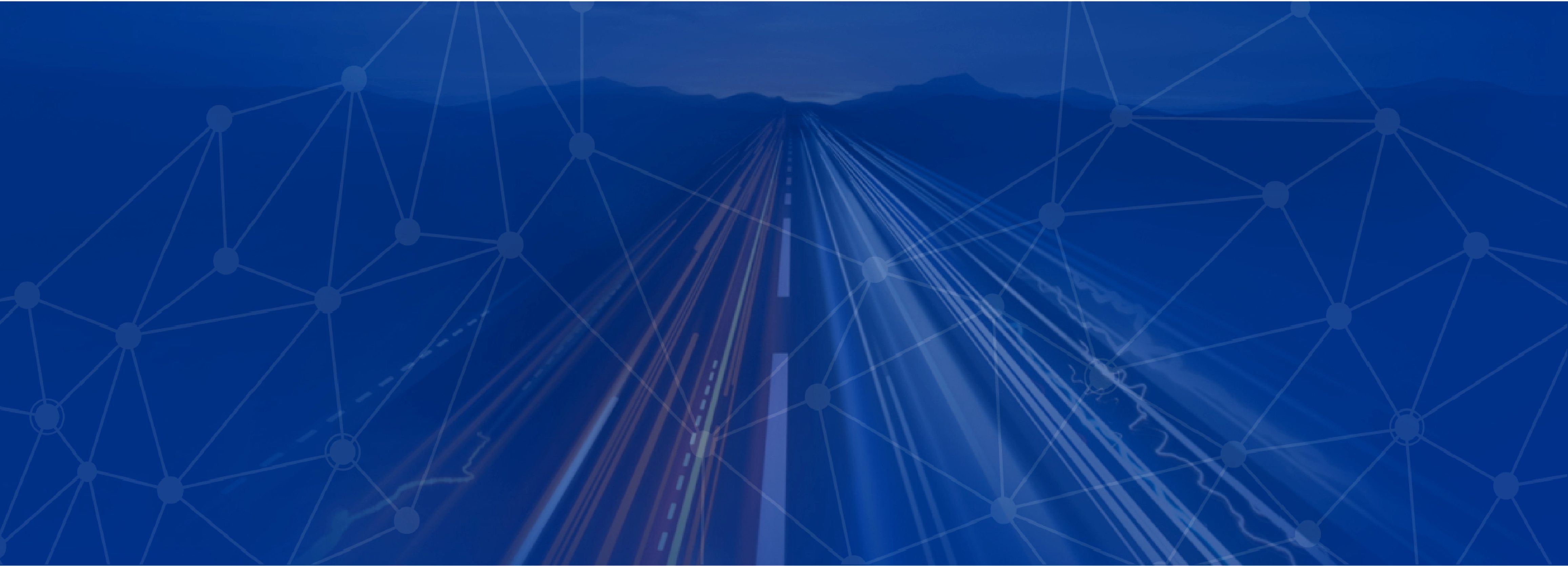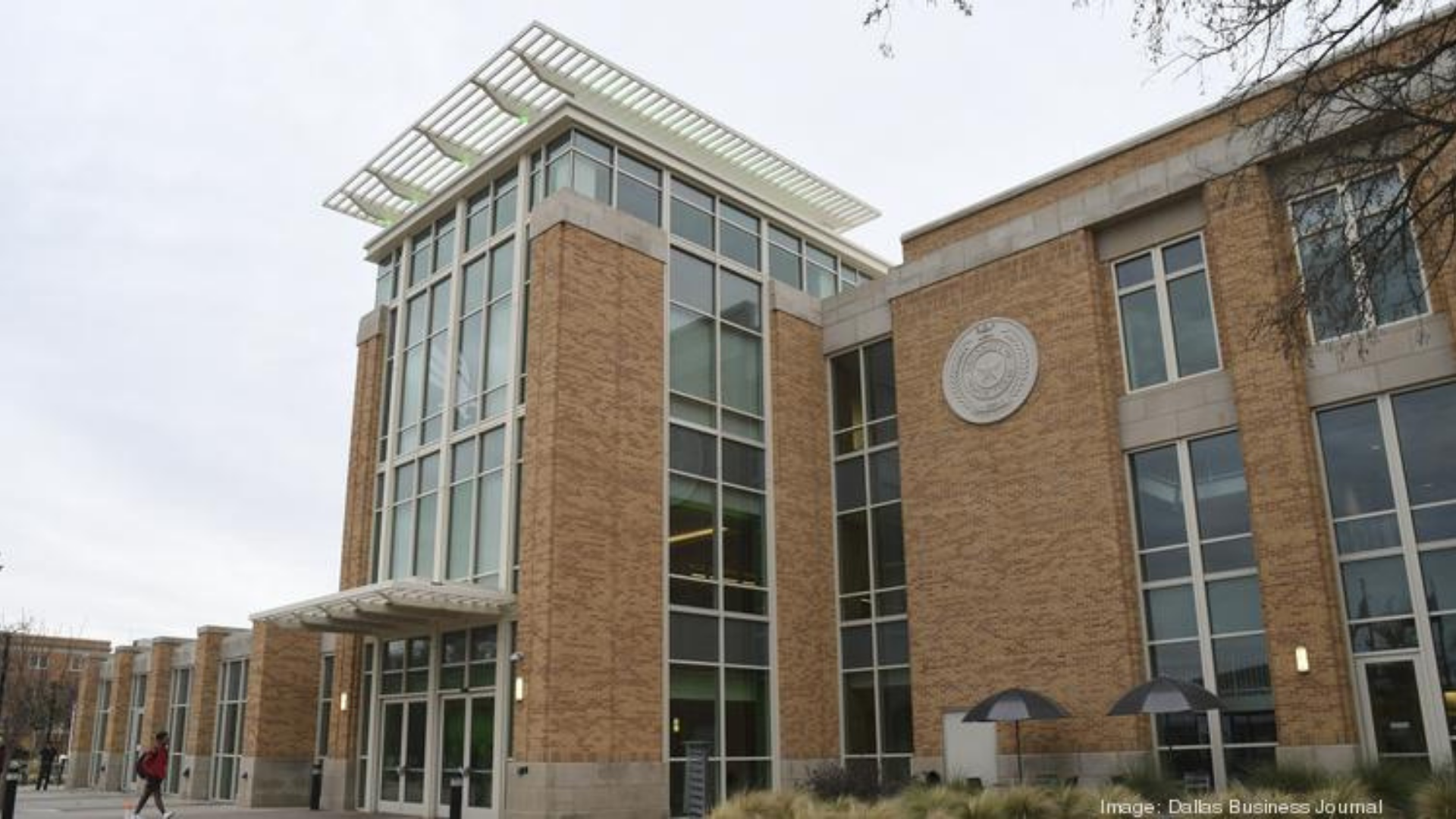The role of technology in higher education has grown tremendously in recent years, with IT infrastructure playing a crucial part in the daily operations of universities. For higher education CFOs, maintaining a robust IT department can be challenging, and outsourcing to Managed IT Services can sometimes offer a more cost-effective and efficient alternative. According to Educause, MSPs can provide institutions with greater flexibility, scalability, and cost savings, as well as support for compliance and regulatory requirements. Similarly, Gartner suggests that MSPs can help higher education institutions stay current with emerging technologies and improve the efficiency and effectiveness of their IT operations. Here are some key examples of when higher education CFOs should consider using a Managed IT Services provider:
Limited Internal IT Resources
Higher education institutions often have limited internal IT resources, making providing comprehensive IT support and services difficult. According to Educause, MSPs can help fill the gap by providing additional resources to support the institution’s IT needs.
Lack of In-House Expertise
CFOs may find that their in-house IT teams lack expertise in certain areas, such as cybersecurity or cloud computing. Gartner suggests that MSPs can fill this knowledge gap by providing specialized expertise.
Need to Focus on Core Competencies
According to Educause, higher education institutions must focus on their core competencies, like providing education, research, and community services. Outsourcing IT management to a managed services provider allows the institution to focus on its core competencies while leaving IT management to experts.
Cost Savings
According to Gartner, MSPs can often help higher education institutions reduce costs associated with IT management by providing economies of scale and more efficient IT operations.
Compliance and Regulatory Requirements
Higher education institutions are subject to various regulatory and compliance requirements, such as HIPAA and FERPA. MSPs can help ensure institutions follow these requirements by providing regular security audits, threat management, and incident response services.
Scalability
As higher education institutions grow and evolve, their IT needs may also change. According to Gartner, MSPs can help institutions scale their IT operations as needed, ensuring they always have the resources necessary to support their IT needs.
New or Emerging Technologies
As Gartner points out, the field of IT is constantly evolving, and new technologies are always emerging. A managed IT services provider can help CFOs understand new technologies’ potential benefits and costs and assist with implementing and managing these new solutions.
According to Educause and Gartner, higher education CFOs should consider using MSPs when facing limited internal IT resources, lack of expertise in certain areas, need to focus on core competencies, need for cost savings, compliance requirements, scalability, and new or emerging technologies. MSPs can bring the necessary expertise, resources, and scalability for the IT department to thrive and support the institution’s growth.
Practical Advice and Recommendations
Before outsourcing IT operations, higher education CFOs should consider the following recommendations:
Define the scope of services: Clearly outline the specific IT functions and services to be outsourced, and ensure that the Managed IT Service provider can meet these needs.
Evaluate potential providers: Thoroughly assess them by reviewing their experience, technical expertise, and client testimonials.
Establish performance metrics: Set clear performance metrics and service level agreements (SLAs) to ensure the Managed IT Service provider is held accountable for delivering the expected quality of service.
Plan for a smooth transition: Develop a transition plan to minimize disruption to university operations during outsourcing.
Outsourcing IT functions to Managed IT Services can offer significant benefits for higher education institutions, including cost savings, access to expert technical resources, and improved security and compliance. However, it is crucial for CFOs to carefully assess their university’s specific needs and circumstances before deciding to outsource. By following the practical advice and recommendations outlined in this post, higher education CFOs can make informed decisions about outsourcing their IT operations to Managed IT Services.
Sources:
Educause. Outsourcing IT Services in Higher Education: Benefits and Challenges. Retrieved from https://www.educause.edu/research-and-publications/research/core-data-service
Gartner. 5 Best Practices for IT Outsourcing Success in Higher Education. Retrieved from https://www.gartner.com/en/industries/higher-education/insights/it-outsourcing
Haley Rose
Chief Marketing Officer
About Columbia Advisory Group:
Columbia Advisory Group (CAG) is a leading Information Technology (IT) consulting firm. CAG’s team has assessed and helped improve the performance of more than 300 technology organizations and IT departments, including many higher education institutions, state agencies, and Fortune 50 customers. Practice specialty areas include Infrastructure, IT Service Management, Cybersecurity, and A/V Services. CAG improves business outcomes with IT insights and expert technical support. Based in Dallas, Texas, CAG works extensively with clients throughout the U.S. Contact us at info@columbiaadvisory.com.










